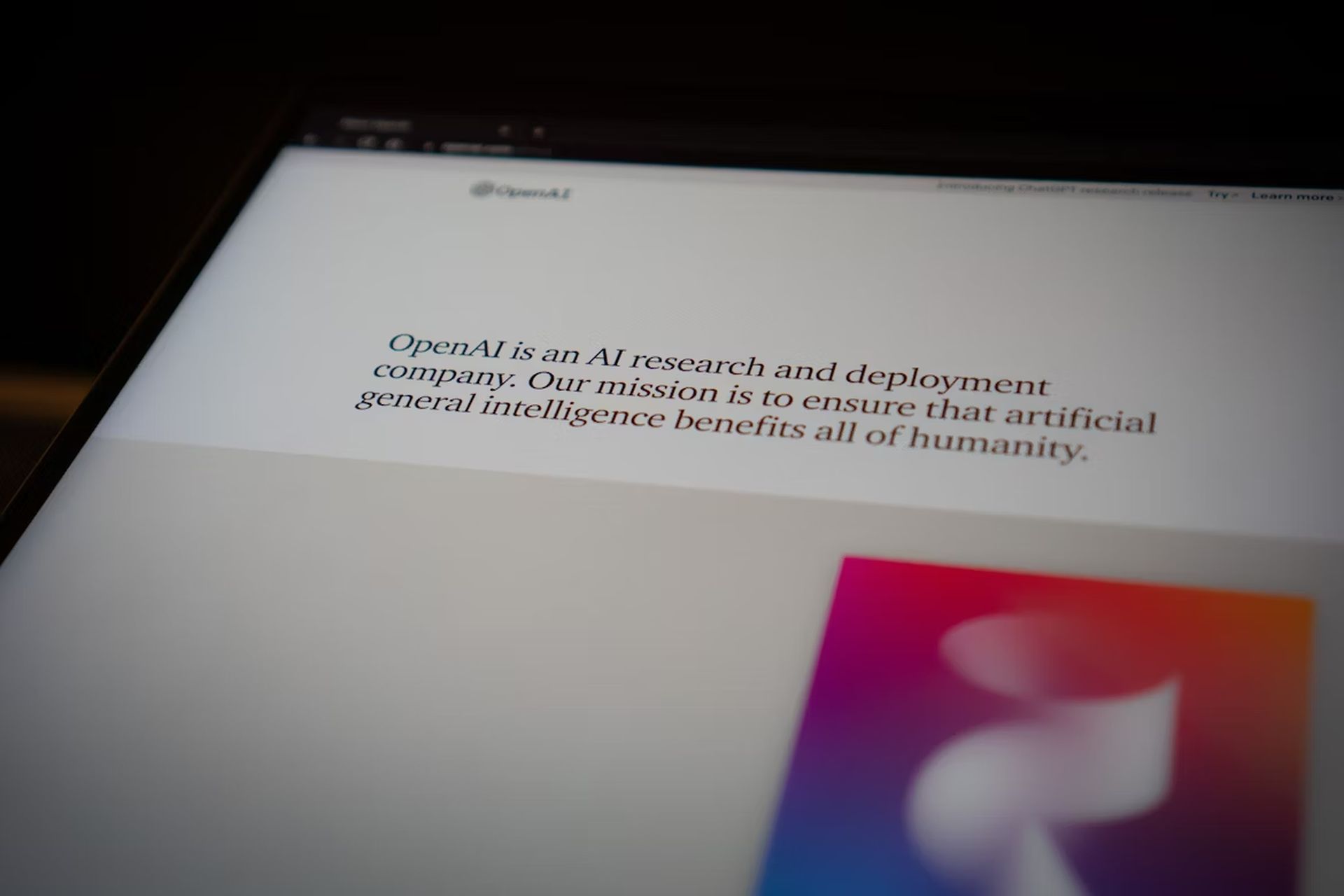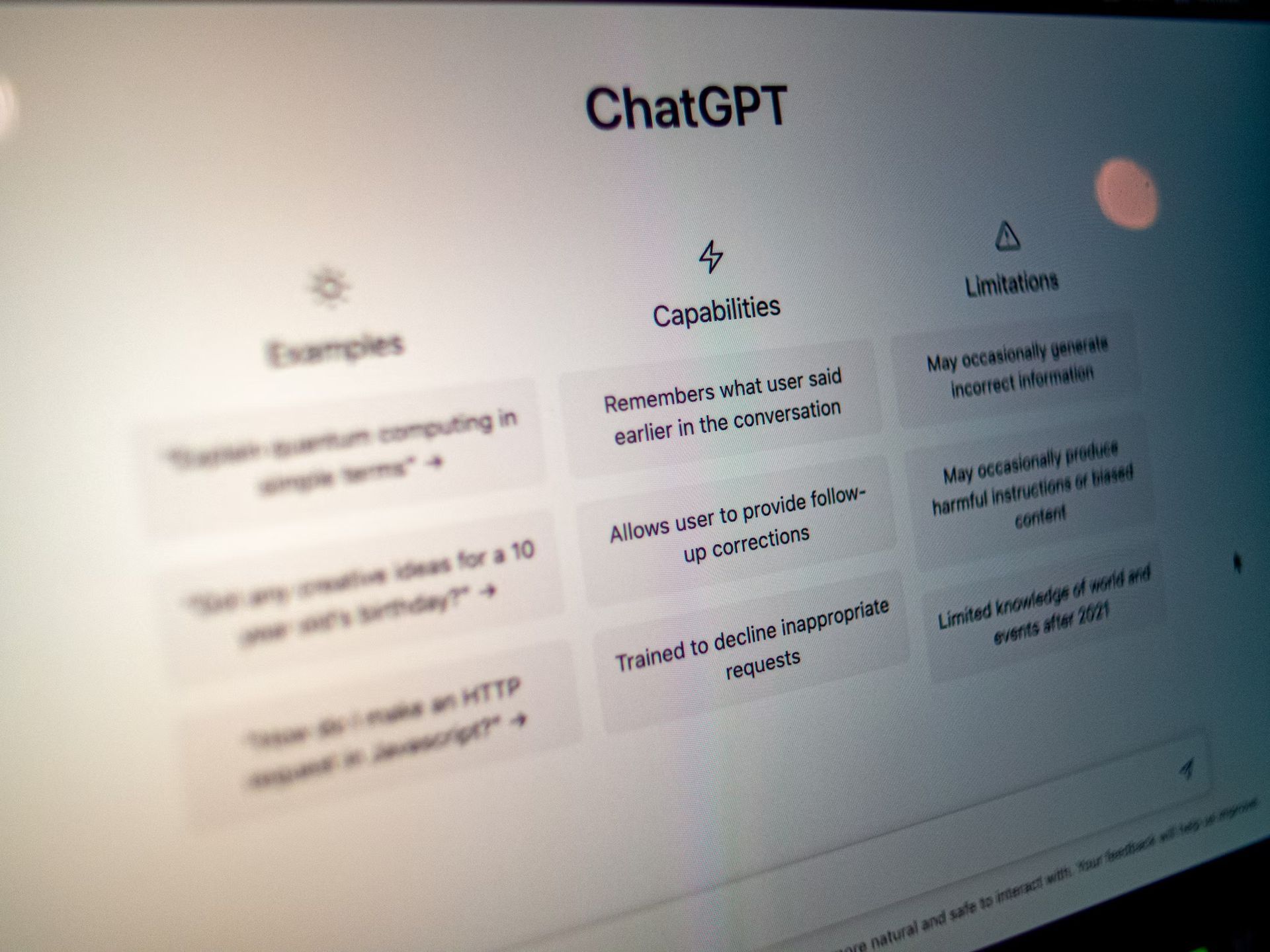- OpenAI is moving forward with the process of registering GPT-5 as a trademark, with the application currently under review.
- The GPT-5 trademark would cover a broad range of software functionalities, including language processing, translation, speech recognition, and development of artificial neural networks.
- The timeline for the release of GPT-5 remains unknown, with the focus possibly shifting towards enhancing existing models rather than developing new ones.
GPT-5 is now a step closer to becoming a registered trademark, thanks to OpenAI, a well-known AI research organization. This development was announced on July 31, 2023, by Josh Gerben, a respected trademark lawyer, in a tweet.
OpenAI has filed a new trademark application for:
"GPT-5"
The filing was made with the USPTO on July 18th.#openai #chatgpt4 #ArtificialIntelligence pic.twitter.com/PhQI3YV3jJ
— Josh Gerben (@JoshGerben) July 31, 2023
According to his tweet, the request to trademark GPT-5 was submitted to the United States Patent and Trademark Office (USPTO) on July 18, 2023. As of now, the trademark request, which was put forth on July 18, 2023, is being looked at.
The goal of registering this trademark is to secure rights over a wide spectrum of areas. These mainly include computer programs and software that can be downloaded and are connected to language models, artificial generation of human speech and text, understanding and interpreting natural language, and analysis.
The application also comprises software for processing language and speech through machine learning, translating from one language to another, sharing datasets for machine learning purposes, forecasting analytics, and creating language models.

It also has extra features such as transforming audio data files into text, recognizing voice and speech, text creation and generation, and designing, operating, and examining algorithms that can learn to sort, analyze, and respond when exposed to data.
In addition to this, the application covers software used to create and implement artificial neural networks. OpenAI plans to offer Software as a Service (SaaS) for these operations.
XaaS: Accessing technology solutions on demand
The application is now at the “new application processing” phase, which means the office has received it and is waiting for it to be assigned to a reviewing attorney.
Currently, the USPTO website states that they are working on applications submitted between September 29, 2022, and October 13, 2022.
What will GPT-5 offer?
OpenAI’s move to trademark GPT-5 could suggest a variety of implications. In a recent gathering, Sam Altman, the CEO of OpenAI, spoke about GPT-5’s progression:
“We have a lot of work to do before GPT 5. It takes a lot of time for it. We are not certainly close to it. There needs to be more safety audits. I wish I could tell you about the timeline of the next GPT.”
We have researched what GPT-5 by OpenAI might encompass. According to the filing, OpenAI cites a range of elements from “downloadable computer programs and software for using language models” to software for “the artificial production of human speech and text.”
It points out possible features like “natural language processing, generation, understanding, and analysis.”
Other functionalities include language and speech processing based on machine learning, translation of speech and text from one language to another, and software for sharing machine learning and predictive analytics datasets.

Furthermore, it includes software for recognizing voice and speech, creating text, and developing and using artificial neural networks. The software also appears to concentrate on algorithms that can learn, analyze, categorize, and respond to data.
When will GPT-5 be released?
Applying for a trademark doesn’t necessarily mean that a working product exists. Companies often register trademarks or patents for ideas that haven’t been developed yet to get ahead of their rivals or protect their intellectual property. So, GPT-5 might just be a more polished or improved version of GPT-4.
Until OpenAI provides official details about GPT-5’s features and technical aspects, it’s uncertain what this model will bring. OpenAI and Microsoft might shift their focus from creating powerful models, like GPT-5 or 6, and instead focus on enhancing and adding plugins to extend the capabilities of the existing models.
The release date of GPT-5 remains uncertain and can only be definitively stated by the developers.
Featured image credit: Levart_Photographer/Unsplash





